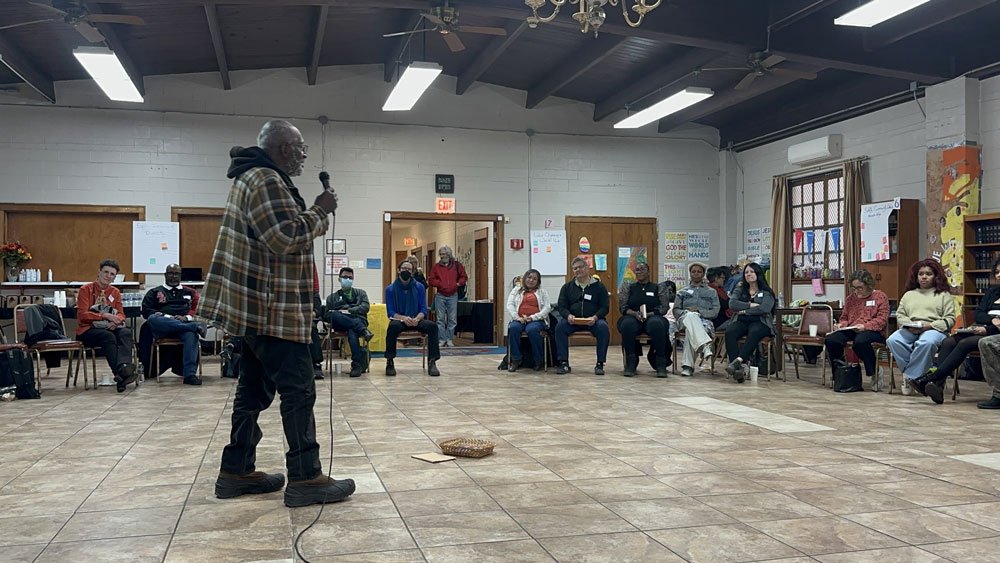
March 4, 2015; Fort Frances Times Online (Ontario, Canada)
For several years now, crowdfunding campaigns have captured the attention of nonprofit organizations. Many development and marketing staff members have diligently read articles and attended workshops to learn how to mobilize successful campaigns.
However, in an odd twist of fate, the most effective crowdfunding campaigns are often not run by savvy development departments but, instead, by uninitiated yet passionate individuals. Such was the case in the campaign organized by Julia Hawkins, who raised approximately $22,000 for a homeless man who had been severely beaten.
Sign up for our free newsletters
Subscribe to NPQ's newsletters to have our top stories delivered directly to your inbox.
By signing up, you agree to our privacy policy and terms of use, and to receive messages from NPQ and our partners.
In addition to being run by an individual, Hawkins’ campaign also has one more characteristic in common with many other successful crowdfunding campaigns: She was raising money for an individual. Funds raised by Hawkins are being given to Shawn Jack, a homeless individual and dog-owner who was seriously injured when he was attacked by a group of young people.
It is interesting to wonder why campaigns initiated by individuals for individuals might be so compelling. Scholars and practitioners have suggested these campaigns are easy to understand, easy to share via social media, and deeply personal, often putting a face to issues of social justice. The donors’ involvement in these campaigns is often front-and-center; social media becomes a platform through which donors can communicate their good deed. Funds from these campaigns also bypass the bureaucracy often associated with nonprofit organizations (or any organization, for that matter).
But, in bypassing the bureaucracy, these campaigns also bypass at least one very important thing: effectiveness. The short-term high of helping one person climb out of poverty may win a donor’s heart, but it will likely not do much to end poverty in general, nor will it guarantee that the recipient will stay out of poverty. Nonprofit leaders know that long-term change at any level—individual, family, or community—is hard-won.
This newswire does not claim that individual-focused crowdfunding campaigns are all bad or all good. They are, in fact, reminiscent of a time when neighbors routinely acted collectively to help fellow neighbors. In this sense, such individual-focused crowdfunding campaigns are to be celebrated. However, these campaigns do pose an important challenge to nonprofit leaders in considering how to engage the community in causes that are as visceral and immediate when some changes take hard work over years to make.—Jennifer Amanda Jones












